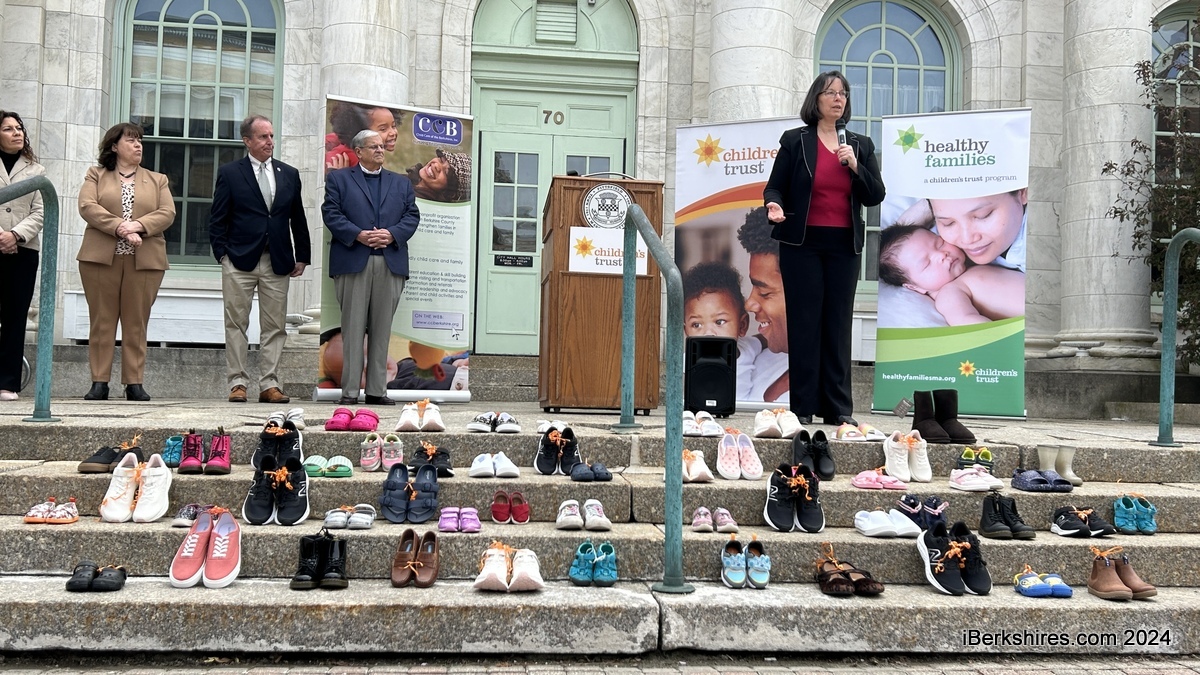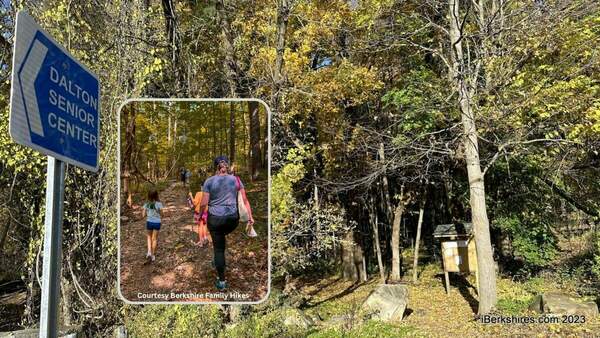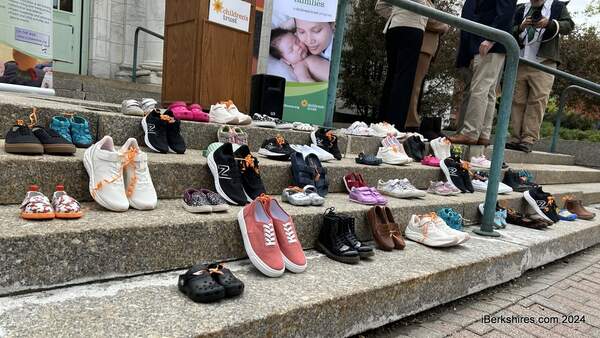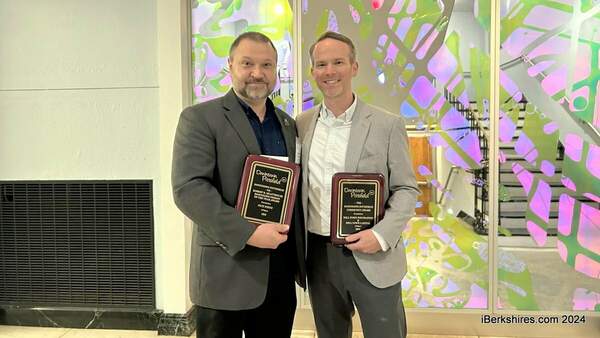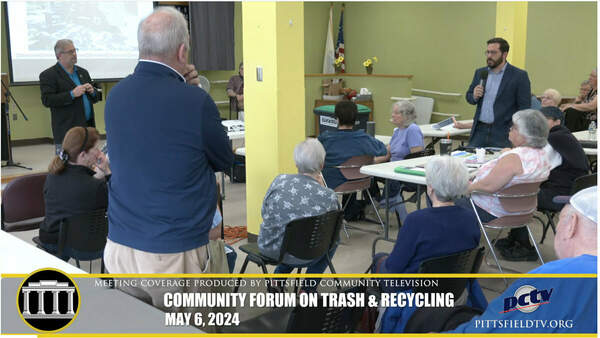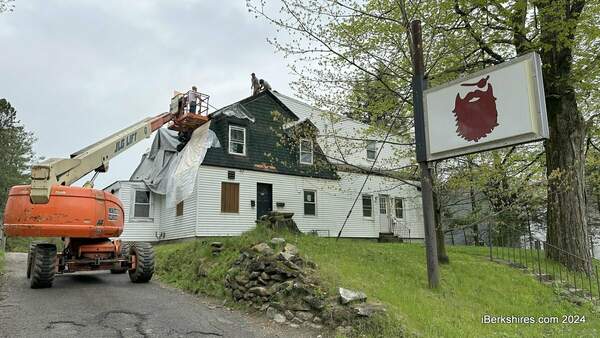Pittsfield Board of Health Considering Local Nail Salon Regulations
PITTSFIELD, Mass. — The Board of Health is considering looking into a local regulation for nail salons.
Chair Bobbie Orsi recalled a conversation about 20 years ago about nail establishment regulations in regard to the chemicals used.
"It just never came around," she explained to the board on Wednesday.
"So I thought it might be an interesting time to revisit it, given the fact that the department is fully staffed and we have additional resources and the risk for those workers has really not gone away."
Nail salons are currently overseen by the state.
The establishments pay a $136 license fee to the Board of Registration of Cosmetology and Barbering and then have the premises inspected. A person who successfully completes at least 100 hours of professional training in manicuring at a manicuring school approved by the board can apply for an examination and licensure as a manicurist.
Director of Public Health Andy Cambi said that in reviewing other community's regulations, they seem in line with the state.
"It would give us more of an oversight in the local permitting process," he said. "I think there are enough in the city that it would work with the staff numbers that we have."
There are well more than 10 nail salons and hair salons that offer nail services in Pittsfield.
Cambi's question would be what the Health Department's role is. He said the city could do an evaluation of salons and check in with the state to see if it needs local assistance.
Pittsfield's authority would involve permitting the establishments on a yearly basis and ensuring that each of the nail technicians has a state license.
"Obviously there is a state regulatory structure which must include some sort of compliance testing where they make certain that the places are in compliance with the state licensing requirements," board member Brad Gordon said.
"So I guess what I would want to know is what the value added is. I want to understand that better."
He added that he is not at all opposed but just wants to know more.
Orsi pointed out that the Boston Health Department educates nail salons on safe ventilation and the use of chemical products as a measure of employee safety.
"So it seems like an interesting idea," she said. "Again, we don't want to be redundant if there are systems in place that manage and do that but much like when we tackled the tattoo parlor regulation and kind of looked at that, it just seems like a population of workers that could be at risk."
She explained that she was opening it up as a topic for the board to think about and recognized that they have a steep learning curve on it. Orsi also suggested possibly inviting nail professionals and state overseers in to educate the board.
Board member Dr. Jeffrey Leppo said it would be good to get an understanding of what the regulatory measures were intended to do and if they would change anything given the chance.
He pointed to the board's fine-tuning of local tobacco amendments that adds regulations to state law to make sure that certain products don't slip through the cracks and into the community.
Though the emphasis had been placed on employee safety, the effort would be for customers as well.
Cambi reported that the city has received a few calls from customers throughout the years with concerns about nail salons and told them to reach out to the state as the licensing authority.
It was pointed out that a local regulation would impose an additional cost on owners. Gordon said this is always the balance of these regulatory processes and said it could be a good thing for businesses.
"I think the way we framed it for body art was that people could have a high degree of confidence in going to paces in Pittsfield that it was safe and that was something that they could use as part of their business advertising," he said.
"I do think that if people feel like in a community there is a good regulatory structure sometimes they can feel better about the establishments they are going to."
Tags: board of health,

